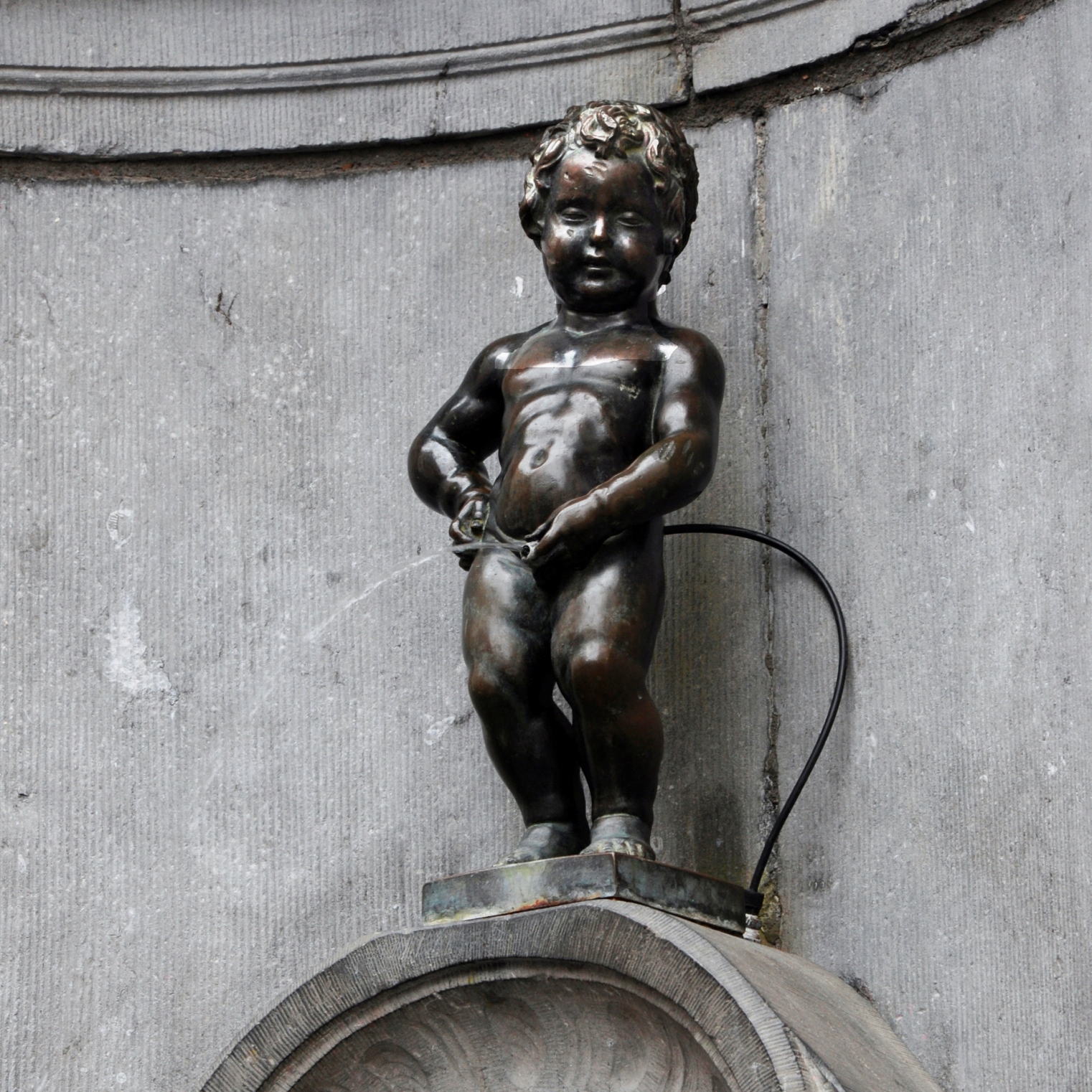Economy
Will Terrorist Activity Hurt Tourism in Belgium?

Published:
Last Updated:

The economic impact of social shocks is undeniable, and perhaps more relevant now than at any time over the past 10 years. At the end of November, the French government estimated Paris had lost more than €2 billion as a direct result of the attack at the Bataclan Theatre, and that the subsequent lockdown in Brussels as authorities searched for the suspects involved cost the latter $51.7 million daily.
The vast majority of these losses come on the back of a decline in tourism, and the reduction in tourist-based spending that would usually pass through shops, restaurants, entertainment venues and the like. At times like Christmas and the height of summer, this spending increases, which is why the November/December shutdown had such an impact. The recent attacks in Brussels sent the city into its second lockdown period in four months, and analysts are trying to determine what impact this might have on the city, and specifically, its tourism industry. Further, which public companies are likely to take a hit and become candidates to avoid or short in the coming quarters.
The last available World Bank data for visitors to Belgium shows 7.7 million arrivals in 2013. A study conducted by Visit Brussels, the Brussels tourist agency, registered 3.4 million visitors in 2014 and 3.3 million in 2013. The disparity here presumably derives from the World Bank data registering all arrivals across Belgium and the Visit Brussels data registering only those related to tourism in Brussels.
On the back of its religious and chocolate-rooted heritage, Easter is a peak period for tourism in Belgium, and specifically Brussels. Anecdotal accounts from shop owners in Brussels suggest footfall is a fraction of normal levels, and it is safe to assume that this will not just be isolated to the Easter period. Tourism in Paris remained deeply down on normal levels for at least a month following the Bataclan attack, and the chances of the current situation in Brussels extending into the spring and summer seasons are high – even without further trouble, in what news media is reporting as the front line in Europe’s war on terror.
The most prominent are those related to consumer edge tourism. Hotels fall well within this category, and companies such as Starwood Hotels & Resorts Worldwide Inc. (NYSE: HOT), operator of the Sheraton brand, and Rezidor Hotel Group, operator of a number of brands including the global Radisson brand, have property in the city. Indeed, the latter of these is headquartered in Brussels.
Airlines are also set to suffer. easyJet reported that the Paris attack translated to a 2% decline in revenues during the final quarter of 2015, when compared to the same quarter a year earlier, and it’s reasonable to suggest the Brussels attack could have a similar impact this quarter for the company.
For a broader short, the Stoxx 600 European Travel and Leisure Index is likely to take a hit as the situation puts pressure on broader European tourism.
By Matt Winkler
If you’re one of the over 4 Million Americans set to retire this year, you may want to pay attention.
Finding a financial advisor who puts your interest first can be the difference between a rich retirement and barely getting by, and today it’s easier than ever. SmartAsset’s free tool matches you with up to three fiduciary financial advisors that serve your area in minutes. Each advisor has been carefully vetted, and must act in your best interests. Start your search now.
Don’t waste another minute; get started right here and help your retirement dreams become a retirement reality.
Thank you for reading! Have some feedback for us?
Contact the 24/7 Wall St. editorial team.